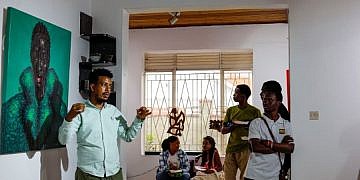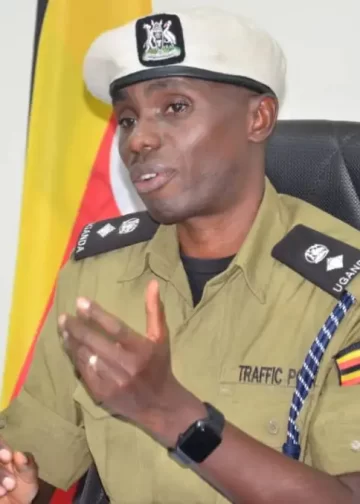Energy and Mineral Development Minister Ruth Nankabirwa Ssentamu has announced an extension of the national power-theft amnesty, popularly known as the Wetereze Campaign, to October 31, 2025.
The campaign, which began on July 23, 2025 and was originally scheduled to end on September 30, was extended because of its strong public response: more than 22,900 Ugandans have voluntarily reported and regularised illegal or tampered electricity connections without incurring penalties.
Speaking at the Uganda Media Centre on Tuesday, Minister Nankabirwa described the initiative as both a safety and revenue-saving measure.
She said illegal connections and tampered meters not only deprive the electricity sector of critical revenue but also present major risks to lives and property.
“This campaign provides electricity users with direct supply, bypassed, or tampered meters the opportunity to voluntarily regularise their connections without penalties,” she said, urging residents to take advantage of the amnesty before it closes at the end of October.
The minister also issued a stern warning about rising vandalism of electricity infrastructure, pointing to increased incidents in areas such as Kololo, Mukono, Kayunga, Masaka, Mpigi, Luwero, Nakasongola, Mityana, Mubende and Mbarara.
She said the Ministry, together with its agencies, is collaborating with security organs to combat the menace and called on regional district commissioners, local leaders and citizens to join the effort to protect the network and prevent avoidable outages.
Since government agencies took over the electricity distribution network from Umeme Limited earlier this year, the Uganda Electricity Distribution Company Limited (UEDCL) has reported a series of infrastructure and service gains. UEDCL has expanded capacities at key substations, replaced 206 faulty transformers and connected about 140,000 new customers.
The utility has also secured land for new substations at Magyigye and Kawempe and is moving ahead with plans to refurbish substations, install additional transformers and expand medium-voltage lines before the end of 2025.
Minister Nankabirwa said these steps form part of a five-year UEDCL investment strategy approved by government, and are intended to match rapidly growing demand with a modern, resilient and sustainable distribution network.
The minister highlighted that Uganda’s annual energy demand is rising at an estimated 10 percent, driven largely by industrial growth and new customer connections, and she acknowledged that investment in distribution slowed during the Umeme concession transition period, affecting reliability.
She said UEDCL is working to reverse that trend and that most of the new components being installed—such as transformers—are being sourced locally in line with the Buy Uganda Build Uganda (BUBU) policy, which the Ministry is supporting by working with local manufacturers to meet sector requirements.
Minister Nankabirwa reminded the public of the ongoing Free Electricity Connections Policy under the Electricity Access Scale-Up Project (EASP), which supports “no-pole” and “one-pole” connection services, and urged Ugandans to visit their nearest UEDCL offices for assistance.
She closed by reaffirming the government’s commitment to investing in distribution and transmission infrastructure to ensure universal access to affordable, reliable electricity for all Ugandans.





































